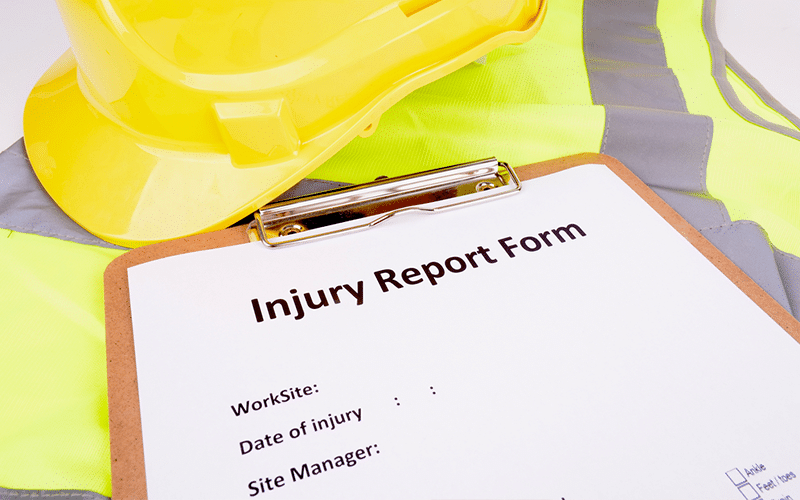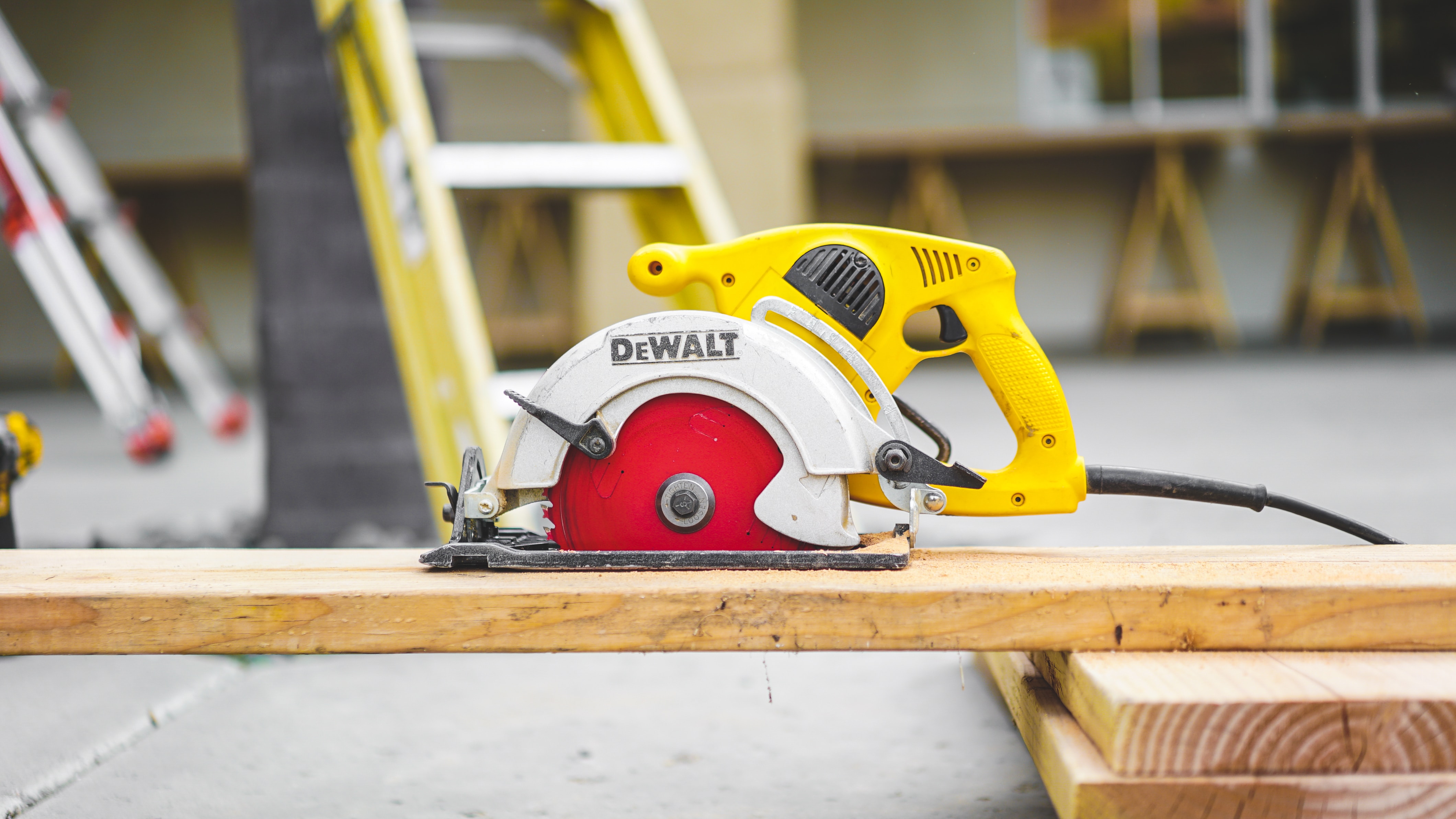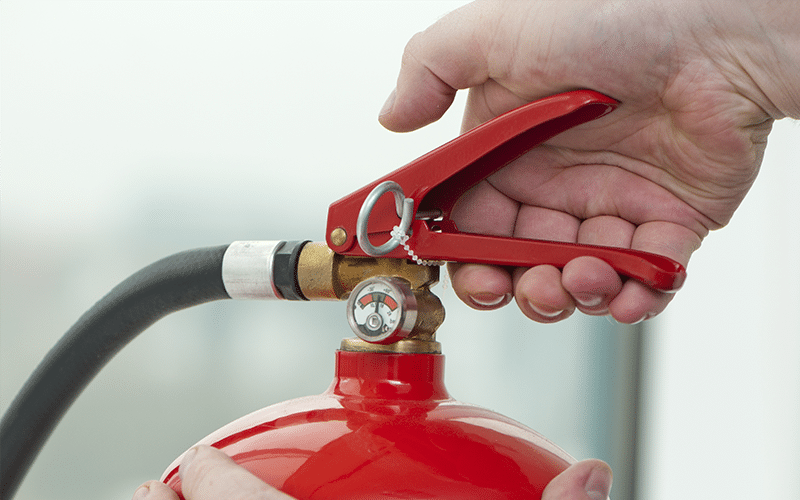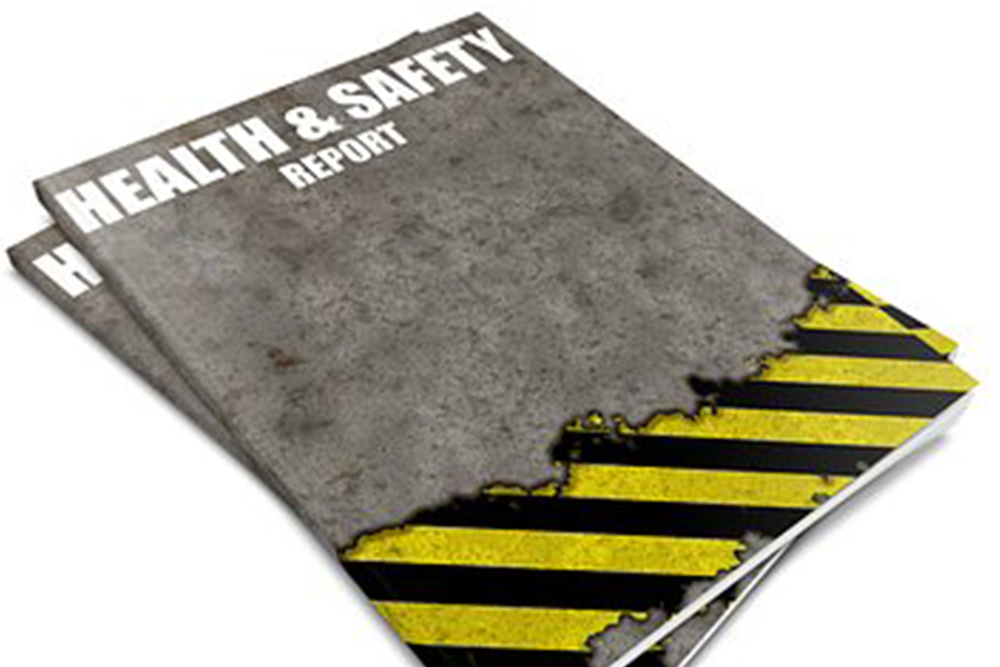The latest statistics just released by the HSE show that in the year 2018 to 2019 147 workers were killed as a result of accidents at work. The most common cause of fatal injury was falls from height accounting for 410 deaths, being struck by a moving vehicle resulted in 30 fatalities. Other common types of fatal accident included struck … Read More
VIBRATION CODE OF PRACTICE GETS AN UPDATE
The Control of Vibration at Work Regulations 2005 require employers to control the exposure of their employees to vibration at work. Exposure to vibration through the hand and arm can result in diseases such as hand-arm vibration syndrome and carpal tunnel syndrome. To help employers comply with the regulations the HSE publish an approved code of practice on the regulations. … Read More
GARDENING, GROUNDS KEEPING, HORTICULTURE – ARE YOU CONTROLLING YOUR VIBRATION RISKS?
Frequent, regular and prolonged exposure to vibration through the hands and arms can cause permanent ill health. Conditions associated with exposure to vibration include hand-arm vibration syndrome and carpal tunnel syndrome. Sufferers can experience tingling and numbness in the fingers, pain, a loss of strength in the hands and an inability to do fine work. Some examples of sources exposure … Read More
CALL FOR EVIDENCE ON FIRE SAFETY REGULATION
The Regulatory Reform (Fire Safety) Order 2005 regulates fire safety in non-domestic premises such as workplaces and the common parts of residential buildings. These regulations cover such matters as fire risk assessment, duties to take general fire safety precautions, consult with and provide fire safety information, instruction and training for employees, fire detection, emergency exits etc. In conjunction with the … Read More
Shift work and increased rates of cancer
Over the years there have been a number of reports suggesting a link between shift work and increased rates of cancer, in particular breast cancer in women. One theory that has been proposed is that light at night supresses the production of the hormone melatonin which is known to have anti-carcinogenic properties. Potentially reducing the body’s ability to fight emerging … Read More
New Food Labeling Laws Due By Summer 2021
Allergies or intolerances to various substances are a part of everyday life, it is estimated that 2 million people in the UK have some form for food allergy or intolerance. While for many people an allergic reaction may be uncomfortable but not severe sometimes the consequences of consuming the wrong food can be devastating. In July 2016, 15 year old, … Read More
Hot and Bothered – Can I Stop Working?
With record temperatures predicted for western Europe and the summer holidays not yet begun temperature in the workplace can be a hot topic. While regulations do state that “During working hours, the temperature in all workplaces inside buildings shall be reasonable” in the UK there is no set maximum temperature for a workplace and the regulation does not apply to … Read More
Noise – A note worthy appeal
While many of the articles you will find here look at health and safety regulations from the point of view of enforcement by the authorities, failures in complying with regulations are often cited in claims for compensation when someone has been injured at work. Previously we have reported on a compensation claim by a musician against the Royal Opera House … Read More
SAFETY IN STAGES – GUIDANCE FOR THEATRICAL MACHINERY
IOSH the (Institution of Occupational Safety and Health) has launched a new online safety guide aimed at those involved in designing, manufacturing and using machinery on theatrical sets. The guide takes a checklist type approach and breaks the process down into seven stages, with links to template documents at each stage: · Concept, · Design, · Manufacturing, · Commissioning, inspection … Read More
What are the HSE’s plans?
The HSE recently launched their business plan for 2019/2020, this sets out what their key areas of work will be for the coming year. Naturally the HSE has an overall objective to improve workplace health and safety, the business plan provides some extra detail as to how they intend to achieve this. Putting the “health” into health and safety the … Read More









